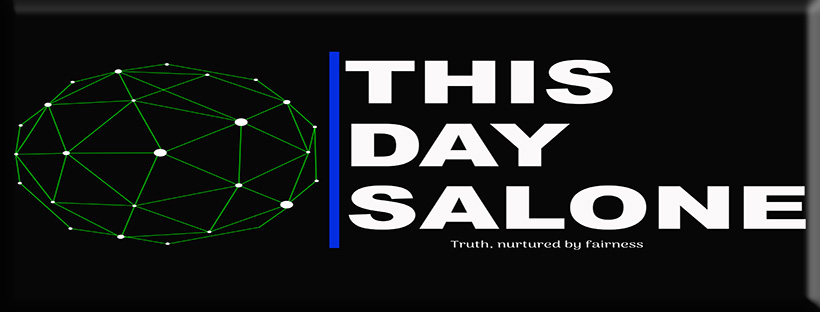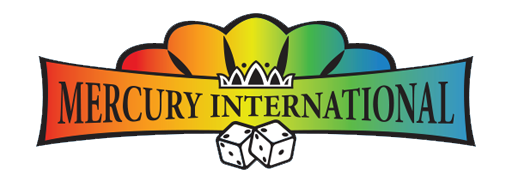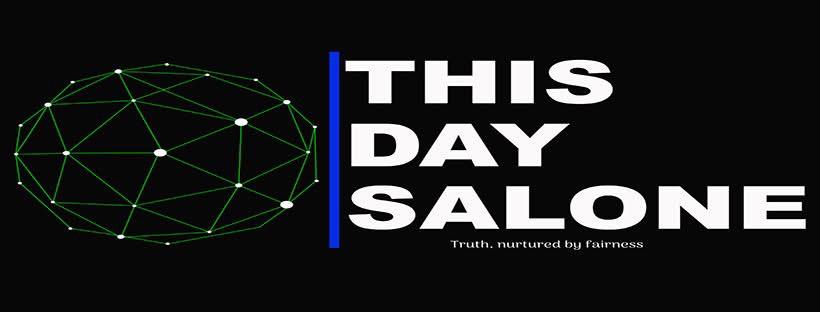By Alusine A. Sesay
On Wednesday, the United States, under the stewardship of Donald Trump—officially issued a proclamation restricting travel from several nations, including our own Sierra Leone.
The reason? He said “Security risks”.
In total, 19 countries were blacklisted: Twelve subjected to a comprehensive ban, and Seven others, including Sierra Leone, placed under what I will call a diplomatic purgatory.—a partial ban.
Now, let us pause for a moment.
Out of approximately 195 sovereign nations, how on earth did a nation as small and demographically modest as Sierra Leone, whose entire population is smaller than that of New York City, earn a place on this roll call of ‘problematic’ countries for the United States? We must have outdone ourselves if you ask me.
For those still scratching their heads in disbelief, allow me to break it down in plain terms as to WHY:
1). Chronic Visa Overstaying: We Just Don’t Come Back
You see, The United States says Sierra Leoneans have developed a troubling reputation for overstaying their welcome,–quite literally.
Whether it’s on a student visa, tourist visit, sports engagement, or international summit, many simply choose to remain in the United States until Homeland Security comes knocking.
Western nations keep meticulous records. They don’t play catch-and-release with their immigration systems. Unlike us in Sierra Leone, where border records might be scribbled in dusty ledgers, the U.S, The UK, Canada et al track every move electronically.
So when “we” disappear after entering, it’s not long before someone notices.
2). Cocaine Country? Say It Ain’t So.
More recently, Sierra Leone has begun appearing in narcotics intelligence reports.–not as a consumer, mind you, but as a transit hub for cocaine. What was once an outrageous notion is now a disturbing reality.
At international airports, Sierra Leonean passport holders are increasingly viewed with suspicion.
Some Sierra Leoneans have been asked questions like “Are you carrying drugs?”.
These questions are no longer offensive—infact THEY ARE ROUTINE.
Full-body searches, detained passengers, and raised eyebrows have become part of the Sierra Leonean travel experience.–
We are dangerously close to earning a reputation as West Africa’s cocaine corridor. Once that label sticks, it doesn’t come off easily.-If you know what I mean.
We still haven’t rid ourselves of the “War-torn”/”Civil War” or “Ebola” stigma/tags.
And now, here we are, jostling for yet another scarlet letter: “COCAINE TRANSIT POINT”. My goodness.
3). The Theatre of Sierra Leone’s Democracy
Let’s not kid ourselves. Democracy in Sierra Leone today is more pantomime than principle. We are effectively under a one-party regime masquerading as a multiparty democracy.
The so-called opposition has degenerated into little more than a group of self-interested careerists who offer nothing to the electorate but crap. The so-called opposition parties are either asleep at the wheel or clinging to political relevance by tweeting press releases that nobody reads.- A hollow one-party state, dressed up for international donors.
4). Deportation Diplomacy.
The United States has repeatedly accused Sierra Leone of refusing to repatriate deportees. We are hearing that many of these individuals aren’t even Sierra Leonean nationals.-
Yet somehow, they’ve obtained Sierra Leonean passports.—courtesy of our chronically corrupt and porous institutions.
Which brings me to my next point below.
5). Broken Institutions, Broken Dreams.
Tell me, what national institution in Sierra Leone actually works?
Customs? Courts? Police? Public service? None.
We have managed to reduce the machinery of state to rusted fragments.
The consequences? —-Rampant corruption, eroded public trust, suppressed civil liberties, economic stagnation, and a brain drain that shows no sign of slowing.
Our institutions don’t just fail to uplift citizens,–they actively get in the way.
So there you have it. When you examine the cumulative effect of these deeply rooted issues, it becomes TRAGICALLY CLEAR why our small nation found itself lumped in with PARIAH states on America’s infamous travel blacklist.
It’s not just geopolitics, it is a mirror held up to our national condition. And what we see staring back at us isn’t pretty.




